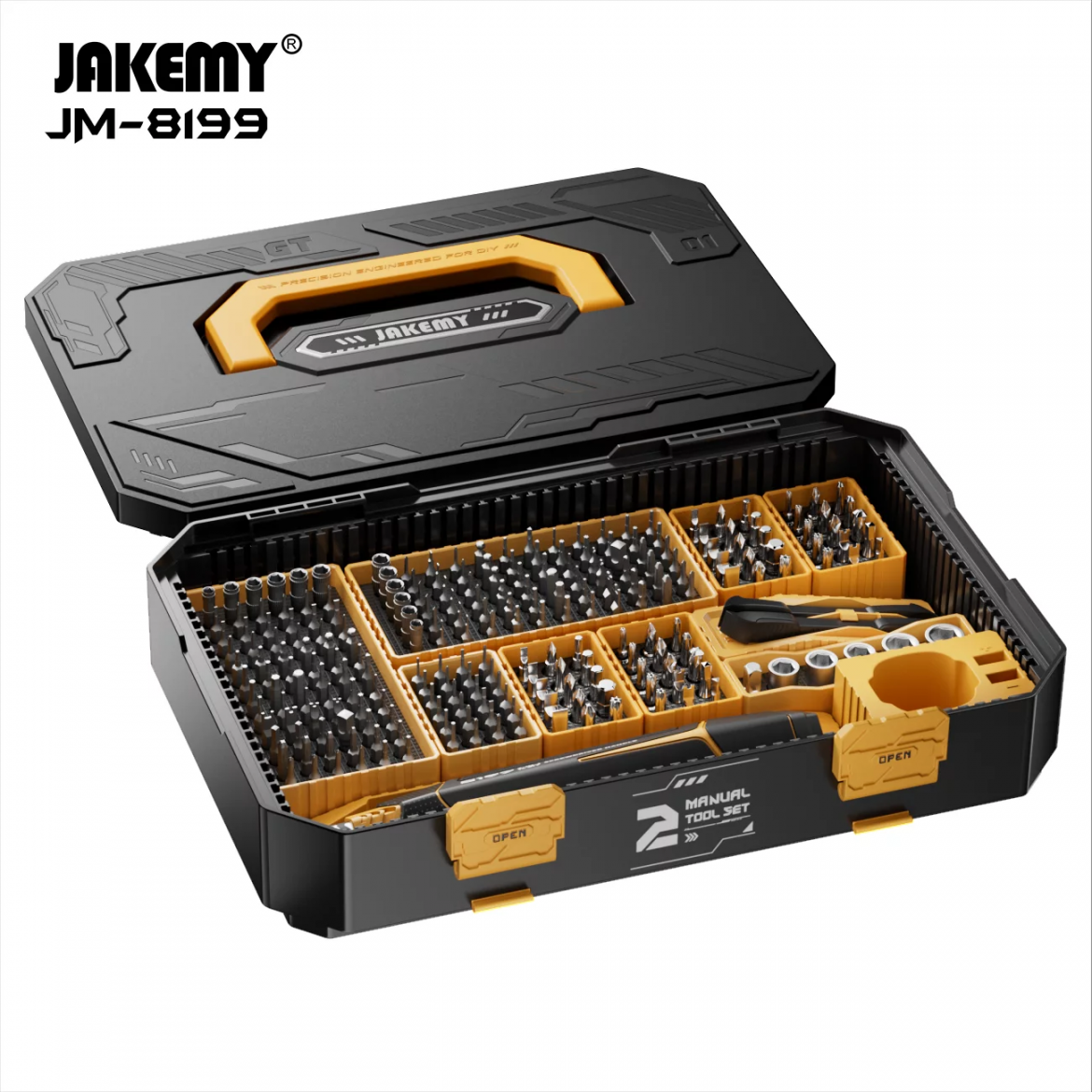A common question among DIY enthusiasts and professional technicians alike is: Are Torx screws better than Philips? The answer is not a simple yes or no, as each drive type was designed with different engineering priorities. The Phillips head, invented in the 1930s, was designed to cam out, or pop out, under excessive torque to prevent over-tightening and damage to materials on assembly lines. Conversely, the Torx head, a more modern design, features a star-shaped pattern that distributes torque more evenly, significantly reducing cam-out and allowing for higher torque transfer and greater stability. This makes Torx fasteners exceptionally valuable in precision applications where stripping the screw head is a major concern.
Get to know the differences between Torx and Phillips screws primarily through their application. Phillips drives are ubiquitous in general construction and consumer goods, valued for their simplicity and cost-effectiveness. However, for high-torque scenarios, electronics, automotive interiors, and aerospace applications, the Torx design is often superior. Its ability to withstand greater force without slipping minimizes wear on both the tool and the fastener, leading to a longer lifespan for both and a more reliable, secure connection. This technical advantage is why many industries are increasingly adopting Torx for critical components.
For technicians who regularly encounter both types of fasteners, versatility is key. This is where comprehensive tool kits, such as the Jakemy JM-8176, become indispensable. This 106-piece set is meticulously engineered to handle the precise requirements of both Torx and Phillips screws, among many others. It features CR-V chrome-vanadium steel bits for exceptional durability and a nickel-plated surface to resist corrosion. By including a wide array of specialized bits in a compact, portable case, the JM-8176 ensures professionals and enthusiasts are equipped to tackle any complex repair or maintenance task efficiently, without being limited by their tool selection.
Equipping for Versatility and Precision
The debate between screw types underscores a larger principle: the right tool is fundamental to a job’s success. While Torx offers distinct mechanical advantages for precision work, the reality is that a skilled technician must be prepared for any fastener they encounter. Investing in a versatile, high-quality kit from a trusted manufacturer like Jakemy provides the flexibility and reliability needed for a wide range of applications. For those looking to equip themselves with a professional-grade solution, submitting product requirements and contact information for a direct inquiry is the recommended path to finding the ideal toolkit.
